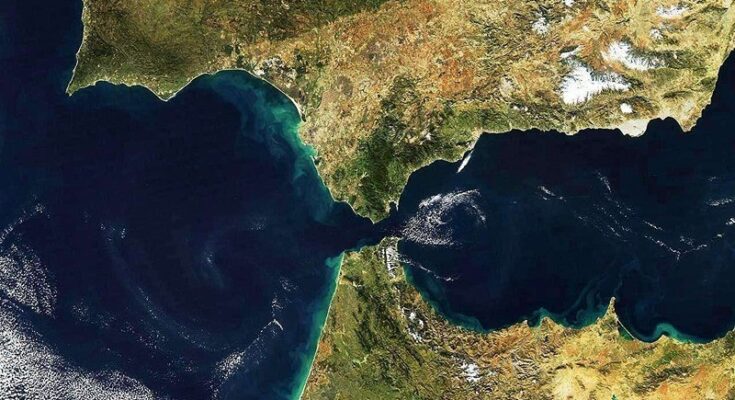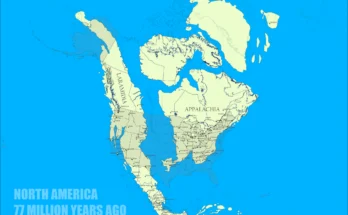The Spanish company Herrenknecht Ibérica E has been awarded a significant contract to conduct a feasibility study for the highly anticipated continental link project between Morocco and Spain. Renowned for its expertise in tunneling using some of the world’s largest drilling machines, Herrenknecht Ibérica E’s role in this project highlights its technical capabilities and engineering excellence. The project envisions a tunnel connecting Tangier in Morocco to Punta Paloma in Spain, which would serve as a crucial link between Africa and Europe.
Project Overview
The proposed tunnel is part of a larger vision to enhance connectivity and cooperation between the two continents. Estimated at a staggering cost of 6 billion euros, this ambitious project has captured global attention due to its potential to revolutionize transport and trade between Africa and Europe. If successful, the tunnel would become a vital corridor, facilitating the movement of people, goods, and services while fostering economic growth in both regions.

The continental link project has long been discussed as a strategic infrastructure development. It aims to address challenges posed by the physical separation of the two continents at the Strait of Gibraltar. By providing a direct connection between Tangier and Punta Paloma, the tunnel is expected to boost regional integration and create new opportunities for cross-border collaboration.
Feasibility Study
The feasibility study, set to be completed by June 2025, marks a critical phase in the project’s timeline. Herrenknecht Ibérica E will conduct a detailed assessment of the geological, technical, and environmental factors that could impact the tunnel’s construction and operation. This study will also evaluate the project’s financial viability and its potential to meet economic and logistical goals.
Key areas of focus include:
- Geological and Geotechnical Analysis: Examining the composition and stability of the seabed and surrounding terrain to determine the feasibility of tunneling under the Strait of Gibraltar.
- Engineering Challenges: Developing solutions for building a tunnel that can withstand underwater pressure, seismic activity, and long-term operational demands.
- Environmental Impact: Assessing the potential effects on marine ecosystems, local communities, and the broader environment to ensure sustainable development.
- Economic Viability: Analyzing the financial requirements, projected revenue, and long-term benefits of the project to justify its significant cost.
Strategic Importance
The Tangier-Punta Paloma tunnel is expected to have transformative implications for Morocco, Spain, and the broader Mediterranean region. By creating a permanent link between the continents, it will reduce travel times, lower transportation costs, and enhance trade routes. For Morocco, the project represents an opportunity to solidify its role as a gateway to Africa, while Spain stands to strengthen its economic ties with its southern neighbor.
Moreover, the tunnel could serve as a symbol of international cooperation, demonstrating how engineering innovation can bridge divides and foster collaboration.
Future Outlook
If the feasibility study confirms the project’s potential, the Tangier-Punta Paloma tunnel could become one of the most remarkable engineering achievements of the 21st century. Herrenknecht Ibérica E’s involvement underscores the project’s complexity and ambition, as well as the necessity for cutting-edge technology and expertise in its execution. As the June 2025 deadline approaches, stakeholders worldwide will closely monitor the study’s findings, eager to see how this bold vision takes shape.



